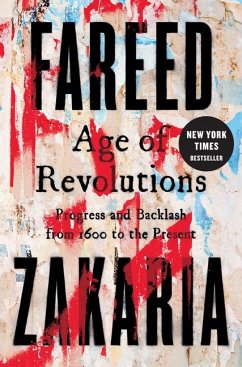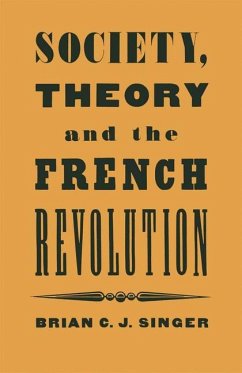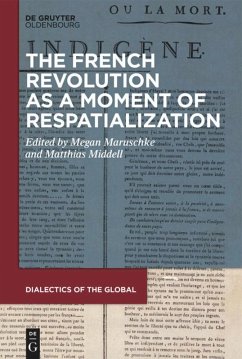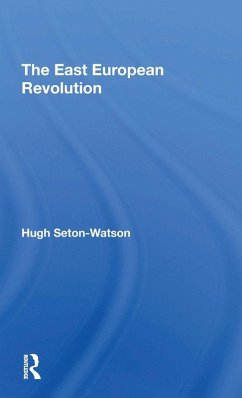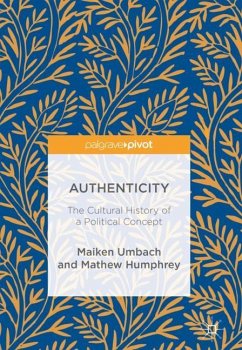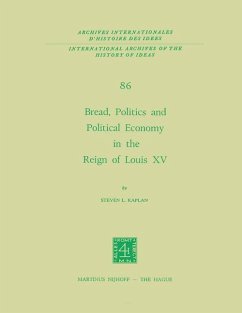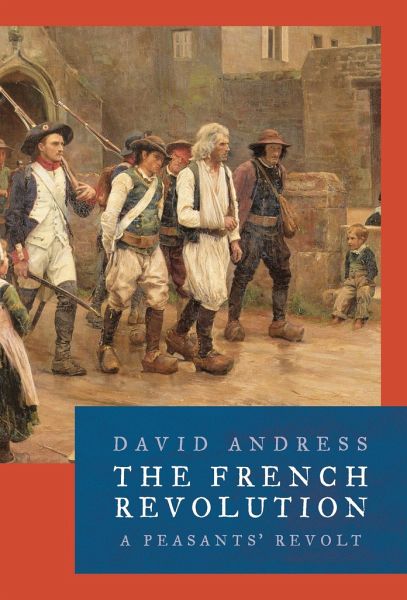
The French Revolution
Versandkostenfrei!
Sofort lieferbar
10,99 €
inkl. MwSt.

PAYBACK Punkte
5 °P sammeln!
A short, brilliant and controversial new interpretation of arguably the most important revolution of all time: the event that made the rights of man and the demand for liberty, equality and fraternity central to modern politics.In this miraculously compressed, incisive book David Andress argues that it was the peasantry of France who made and defended the Revolution of 1789. That the peasant revolution benefitted far more people, in more far reaching ways, than the revolution of lawyerly elites and urban radicals that has dominated our view of the revolutionary period.History has paid more att...
A short, brilliant and controversial new interpretation of arguably the most important revolution of all time: the event that made the rights of man and the demand for liberty, equality and fraternity central to modern politics.
In this miraculously compressed, incisive book David Andress argues that it was the peasantry of France who made and defended the Revolution of 1789. That the peasant revolution benefitted far more people, in more far reaching ways, than the revolution of lawyerly elites and urban radicals that has dominated our view of the revolutionary period.
History has paid more attention to Robespierre, Danton and Bonaparte than it has to the millions of French peasants who were the first to rise up in 1789, and the most ardent in defending changes in land ownership and political rights. 'Those furthest from the centre rarely get their fair share of the light', Andress writes, and the peasants were patronised, reviled and often persecuted by urbanelites for not following their lead.
Andress's book reveals a rural world of conscious, hard-working people and their struggles to defend their ways of life and improve the lives of their children and communities.
In this miraculously compressed, incisive book David Andress argues that it was the peasantry of France who made and defended the Revolution of 1789. That the peasant revolution benefitted far more people, in more far reaching ways, than the revolution of lawyerly elites and urban radicals that has dominated our view of the revolutionary period.
History has paid more attention to Robespierre, Danton and Bonaparte than it has to the millions of French peasants who were the first to rise up in 1789, and the most ardent in defending changes in land ownership and political rights. 'Those furthest from the centre rarely get their fair share of the light', Andress writes, and the peasants were patronised, reviled and often persecuted by urbanelites for not following their lead.
Andress's book reveals a rural world of conscious, hard-working people and their struggles to defend their ways of life and improve the lives of their children and communities.



